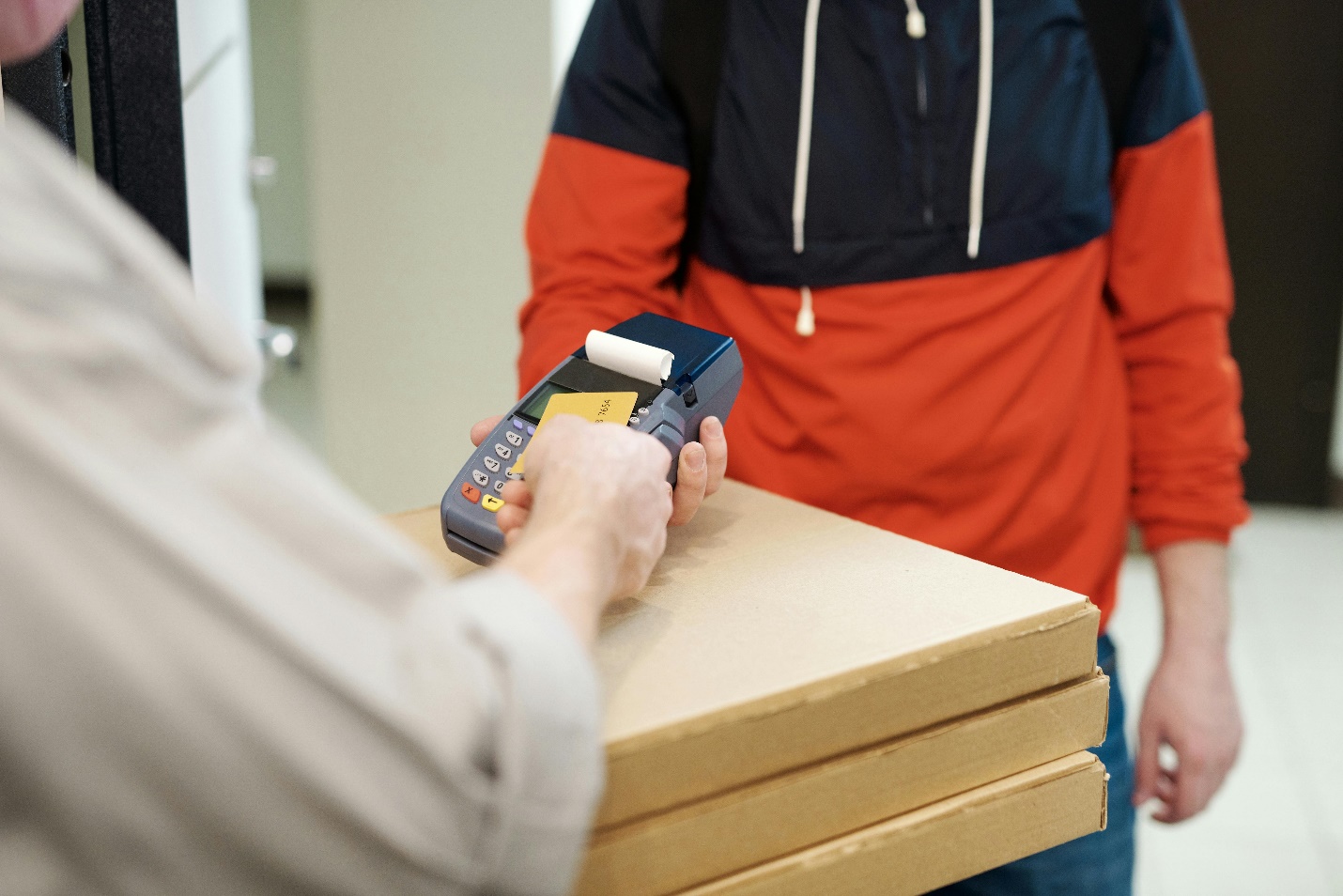Can someone lend or use your Bank card?
Apr 02, 2024 By Rick Novak
Both debit and credit cards are practical payment instruments. They work in-person and online at most retailers, eliminating having to carry cash. This ease of use, though, can encourage people to give their cards to strangers.
Not all financial institutions or credit card providers will allow you to use another person's debit or credit card, even though it's not only straightforward but effortless. Neither the person lending nor the person using the card runs the risk of problems if the issuer or additional authorities find out, even if the issuer does not prohibit the act. Also, after reading this guide, you will get the answers of Is it OK to use someone elses debit card? Can you let someone borrow your card?
Can I lend my bank card to someone else?
The conditions of the credit-card agreement and your card issuer ultimately determine the answer. Using someone else's card or, with permission, yours for certain cards is possible. However, it is only sometimes advised.
It would help if you read over the precise terms and restrictions for your particular credit card in your cardholder agreement before you give it to someone. Most guidelines about credit card handler credit card handling ing and discourage card sharing. Others might outright forbid sharing cards.
Whether you perform the charge or let someone else use your card, many banks will still hold you accountable for any purchases.
Is it legal to use someone elses card?

You should exercise caution if your cardholder agreements contain no information about sharing your card. Using someone else's card or letting them use yours with approval for specific cards is possible. However, this kind of behavior should be more generally advised.
When sharing cards, other challenges besides your bank might arise. You might bring your friend or child to the retailer, only to have them accused of fraud and credit card theft at the register.
Consider giving the borrower a note so there's documentation available in case a merchant has inquiries concerning the card. It lessens the possibility that a retailer will seize the credit card or, worse, notify the police, as well as safeguard the retailer from a fraudulent charge.
One of the most common complaints from customers is overspending, but there may also be more detrimental effects. The following consequences could occur if your credit card is discovered being used by someone else:
- Steep fines and penalties
- Reduced credit limits
- Termination of your account Lawful fees
- The theft of credit cards is an illegal act subject to federal and state penalties.
Typical Defenses Might Not Be Applicable
You might not be protected by federal law, either. The FTC (Federal Trade offers minimal federal protections that can cap cardholder liability at just $50; however, if you voluntarily gave up your card for use, these guarantees are no longer in effect.
When it involves fraud, the regulations are pretty detailed. If you voluntarily allow someone else to use your card, you will be accountable for any debts that may arise. An acquaintance you grant permission to use your card is regarded as an authorized user for the duration they have the card in their possession.
Strategies for Managing Unauthorized Credit Charges

You might find yourself spending unapproved on your account even if you offer your card to someone else to use. For instance, there will be a billing dispute if you send someone you know to the supermarket to get milk and eggs, and they come back with pricey electronics.
What would happen then if your friend declined to pay you back for something they bought you disapproved of?
Here's what to do if you find charges on your bank account that you should have authorized or approved.
Inform the bank right away.
Tell your card issuer over the phone that you no longer have the card so they can turn it off.
Examine what you said.
Verify that your account still needs approved charges that continue to be paid.
Report identity theft to the authorities.
Identity theft is regarded as a type of credit card fraud, and formal charges by the police can initiate legal action. To handle your claim, the company that issued your card will probably ask to see a duplicate of the police report.
Options and Advice for Credit Card Sharing
Make every effort to refrain from lending out your card. You can still accomplish your goals in other ways without jeopardizing the safety of your private credit card.
Add an approved user:
You can add a trustworthy person to an account by designating them as a user with authorization. You won't be required to share cards in the future since each will be a real bank account in that person's name.
Adjust your account settings:
Many businesses allow you to create personalized credit card alerts triggered by your purchases. When you make one, your creditor will notify you of a payment via text message or email. Alerts can be configured to only inform you of charges that exceed a certain amount in value. You may also establish charge limits to control how much-authorized users can spend on your account.
Examine your statements:
You might only notice this if you pay attention to them. Just because someone is meant to purchase one item doesn't mean they won't buy another while they're at it. Monitoring your finances is always crucial, but you can guard against unapproved spending by reviewing your bank statements.
Replace compromised cards:
It's a good idea to cancel your credit card and get a new one from the bank if you discover any unauthorized charges. Store your statement files away. Your account information may be at risk if you leave it exposed. Ensure that all your financial documents, checks, and statements are stored for your personal use only.
Conclusion
Sharing your credit card is never a good idea because, in the end, you have no control over what someone else spends. It's possible that your card issuer has stringent policies prohibiting card sharing, and it might be more trouble than it's worth.
Since credit card theft is regarded as a type of identity theft, you risk paying the total amount due whether or not you made the purchase, and you may face harsh penalties if charges of crime are brought.








